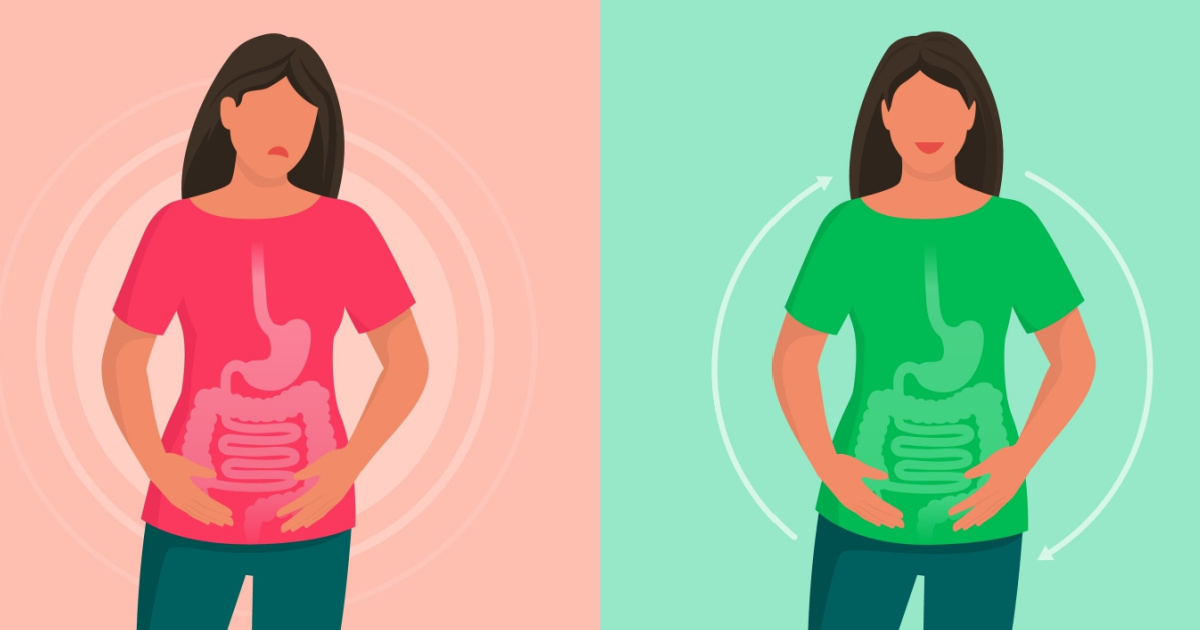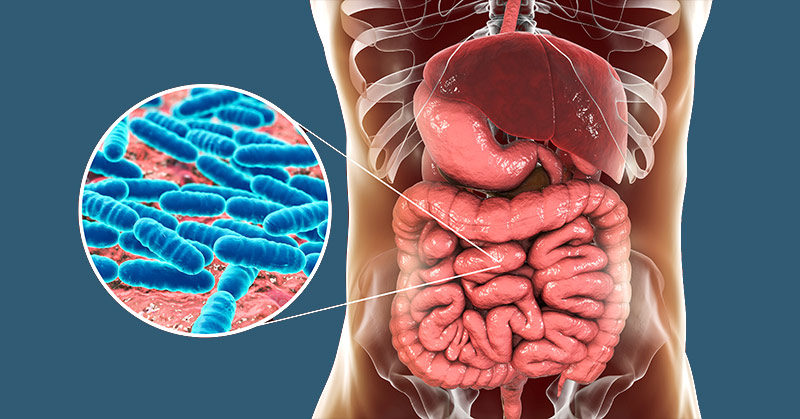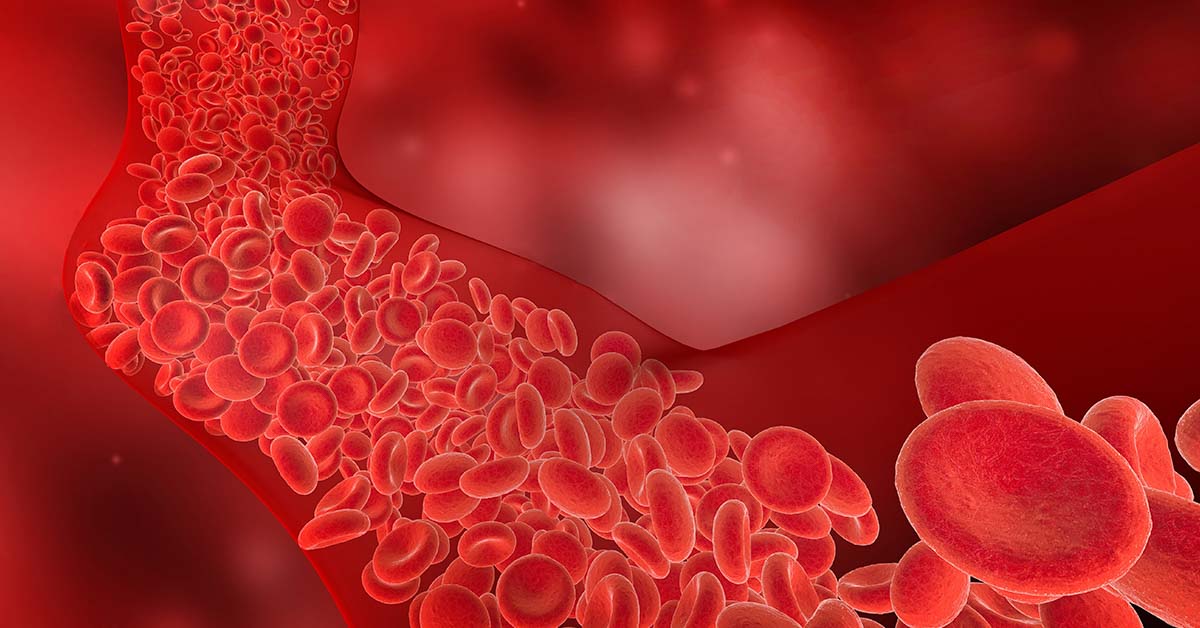Nutrition affects our mental health as much as it affects our physical health. This is no surprise; we’ve all experienced feeling energized after a healthy meal and groggy after an unhealthy one. However, food’s impact on brain health goes beyond energy levels. It can also affect mood, emotions, cognition, and even psychiatric disorders like depression....
Fatty liver disease, also known as hepatic steatosis, is a condition in which excess fat accumulates in the liver. It is a common health problem that various factors, such as obesity, unhealthy lifestyle habits, and metabolic disorders, can cause. Knowing the causes, symptoms, types, and lifestyle-based approaches is the best way of preventing and managing...
Strokes are a medical emergency. They can occur suddenly and without treatment and can cause brain damage, long-term disabilities, or death. An ischemic stroke happens when a blocked artery cuts off oxygen to part of the brain, causing the cells to stop working properly and begin dying. This creates symptoms such as weakness, slurred speech,...
At any given time of year, at least a few of the magazines on the shelves will have some article or headline dedicated to helping you finally achieve that oh-so-coveted flat stomach, six-pack abs, toned tummy, sexy midriff – whatever you want to call it. For many of us, though, our mid-section doesn’t seem to...
Dogs might be man’s best friend, but they definitely do not have the same metabolism. That’s why certain foods can be perfectly safe for people but poisonous for dogs. “Every species has different needs, and animals don’t metabolize food the same way we do,” says Deborah Linder, D.V.M., M.S., D.A.C.V.I.M., a board-certified veterinary nutritionist at...
Did you know that studies have found that foods high in calcium or calcium supplements directly or indirectly compete with magnesium for absorption (Dai et al., 2007), and they should not be taken together if possible? One study found that adding 300 to 1000 mg of calcium to the diet significantly decreased magnesium absorption in...
Leaky gut, or “intestinal permeability,” is a fairly new concept in the medical literature that has gained much attention over the last several years. For this reason, many doctors may not have even heard of the condition. The symptoms of a leaky gut, however, can significantly and negatively impact your quality of life. Knowing the...
Eczema is one of the most common health conditions in America, afflicting 31.6 million people across the country. (2) This means that over ten percent of the American population has at least one of the eight types of this skin condition, characterized by dry, itchy, scaly, thick skin that often is covered in blisters and...
Ever wake up with a flat stomach in the morning, only to bloat out like a hot air balloon right after you eat breakfast—without understanding why? If you’re suffering through each day feeling sluggish, tired, cramped, and heavy, you may be interested to know that certain foods can cause bloating. Bloating results from gas or fluid...
This article was originally published on December 8, 2019, and has since been updated. The heart is the primary life-giving organ in our bodies. When it stops beating, we die. But is it possible to bring it back to life? The world of medical science says yes. In an exciting new trial, Doctors at Duke...
Maintaining heart health is crucial, and what you drink can play a significant role in supporting your cardiovascular system. This article explores drinks known for their heart-healthy benefits. From water to green tea to fresh juices, these drinks can help maintain healthy arteries and reduce the risk of heart disease. Water: The Ultimate Heart Helper...
Rheumatoid arthritis (RA) is an autoimmune and inflammatory disease, where the immune system attacks healthy cells in the joints. This causes the joints to become inflamed, painful, unsteady, and deformed. Not much is known about what causes this autoimmune reaction, and there is currently no cure, although there are many strategies to help manage the...
















